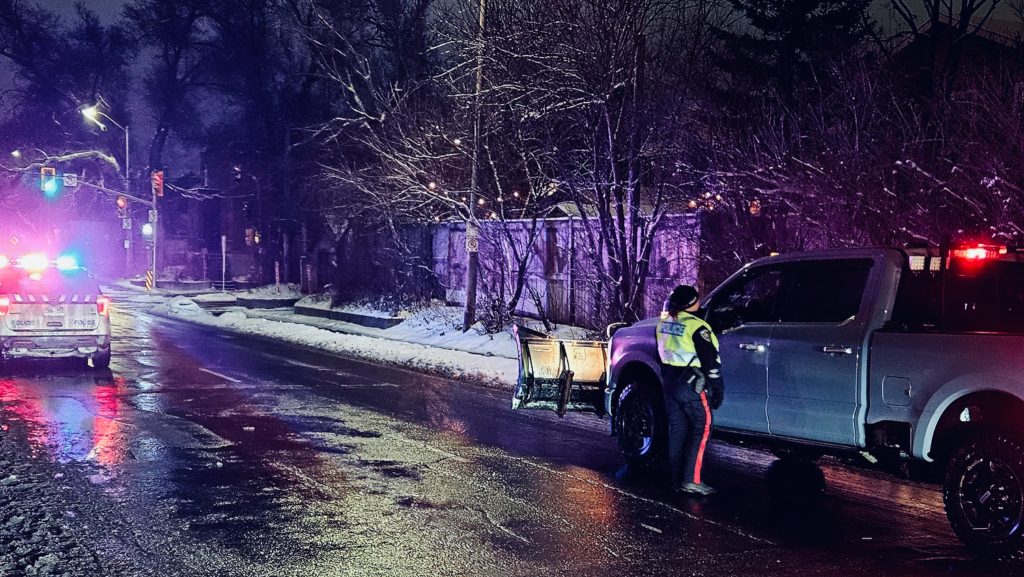Pianos are not so obsolete
Posted Jul 27, 2022 02:30:00 PM.
Kevin Dinn makes his living moving heavy things.
Pianos, mostly, and sometimes, safes too.
I had wrongly presumed that piano movers, like door-to-door knife sharpeners, milk men and the dodo, had become obsolete, roadkill to technology's insistent path to the microchipped future.
Not so, says Dinn, who owns Don Pinard Piano Moving Specialists, one of the busiest piano moving companies in Ottawa. He has a theory as to why pianos are popular again.
“Since 2000, we've had a whole generation of kids inspired by 'American Idol”',” Dinn, 54, explains. “They see someone perform on TV and want to try it themselves. Then, we got the pandemic lockdown. Anything you've been wanting to do for a couple decades, like piano lessons, is what people turned to. The festivals were quiet during the pandemic but, my God, we've been busy this summer now they've opened again. It all adds up to a busier than normal year for us.”
Every week, Dinn and his crew move as many as 50-60 pianos, primarily for the National Arts Centre, Shenkman Centre, Carleton's Dominion Chalmers Centre, all the major music festivals including Bluesfest and Chamberfest, (where they'll move 400 pianos over two days), the Royal Conservatory of Music, university music departments, government ceremonials, nightclub gigs and family residences. It amounts to nearly 3,000 job a year.
Pianos were supposed to be obsolete. Not long ago, the classified were full of ads offering pianos for free to anyone who would take it away. Lighter, cheaper and more portable, electronic keyboards were hailed as the way of the future.
“Electronic keyboards are fine if you want to play at home, but serious students and teachers still want a piano because of the weight of the keys,” he adds. “Pianos are not toys. They are serious instruments that become a part of the family.”
Dinn started working for Pinard when he was 16. Built like a football player, he was fascinated by the way a team of two men could move a piano weighing half a ton. It depends less on brute force and more on considerable planning and an ability to use the instrument's weight and shape creatively to move it through space.
“It's not just about how strong you are, but the thousand little things you have to do to leverage that weight without doing you or the instrument harm,” he says. “It's very satisfying doing something nobody else can do is very rewarding.”
By the time Dinn was in his mid-thirties, he was already a veteran with 20 years in the business. That realization led to a life-changing moment of existential doubt, did he want to move pianos all his life?
Dinn went back to school, took a diploma course in computer technology, and landed a job at Nortel, at the time one of the leading technological firms in the world, where he stayed for six years.
“I have a lot of confidence in myself to do many different things,” Dinn says. “Going back to school proved that.”
In 2002, Dinn learned his friend Don Pinard wanted to retire and sell the business. Unhappy with the managerial position at Nortel, he gave his notice and gave Pinard a call, and bought the business.
Now, at 54, Dinn plans to retire in five years.
“I've lost a bit of my thunder lately. I just love doing this everyday. Everyday is different. It's a nice community. I really don't want to be anywhere else, but I wouldn't mind having more time to play the piano.”








